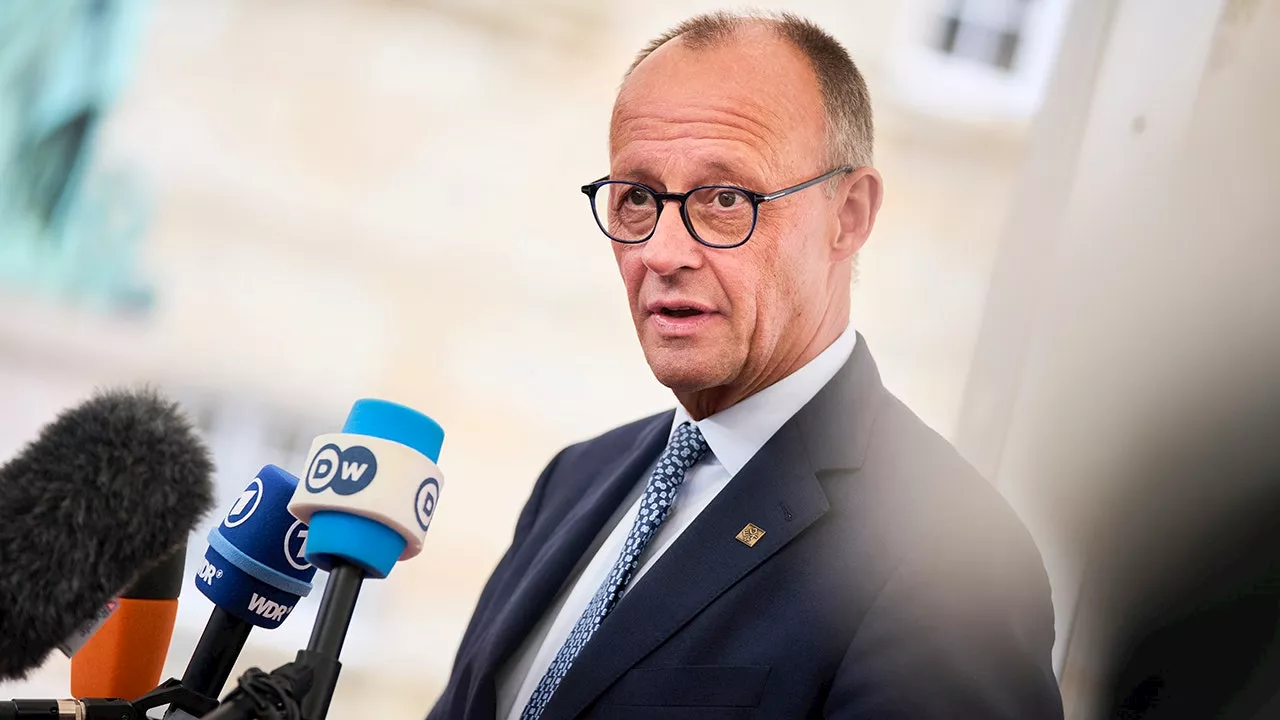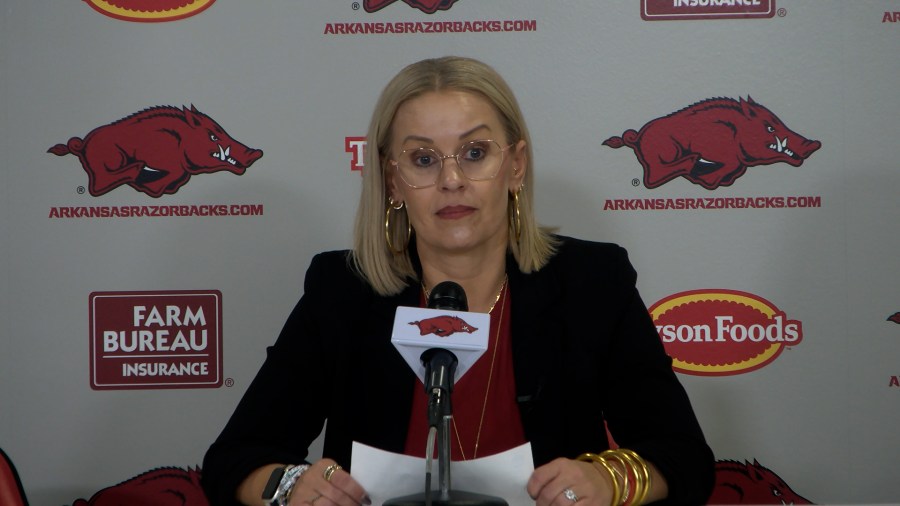UPDATE: German Chancellor Friedrich Merz is facing significant backlash after defending his controversial comments on migration, stating that many Germans feel “afraid to move around in public spaces.” The remarks, made during a recent visit to Potsdam, have ignited a heated debate about public safety and immigration policies in Germany.
In a statement reported by DW News, Merz emphasized the vital role of migrants in the labor market while expressing concerns over those without legal residency. He stated, “We still have this problem in the cityscape, of course, and that’s why the federal interior minister is facilitating and carrying out large-scale deportations.”
The Chancellor’s comments come amid rising tensions surrounding migration in Europe, and he has firmly rejected accusations of racism. He responded to critics at a summit on the Western Balkans in London, stating that migrants are “an indispensable part of our labor market.” However, he added that many in Germany are concerned about public safety, particularly regarding migrants “who do not have permanent residence status, do not work and do not abide by our rules.”
The backlash has been swift, with many citizens signing a petition against Merz’s statements. Notable figures, including actor Marie Nasemann and environmental activist Luisa Neubauer, have publicly contested his remarks. Neubauer expressed her concerns on Instagram, saying, “There are approximately 40 million daughters in this country. We have a genuine interest in ensuring that our safety is taken seriously.” She criticized the Chancellor’s comments as discriminatory and deeply hurtful.
Merz’s remarks have sparked a national conversation about migration and safety, pushing the government’s policies on illegal immigration into the spotlight. As the political landscape shifts, many are left questioning the balance between public safety and the integration of migrants into society.
As Germany braces for further political fallout, citizens and officials alike are watching closely. What happens next in the migration debate could have lasting implications for the country and its approach to immigration reform.
Stay tuned for updates as this developing story unfolds.







